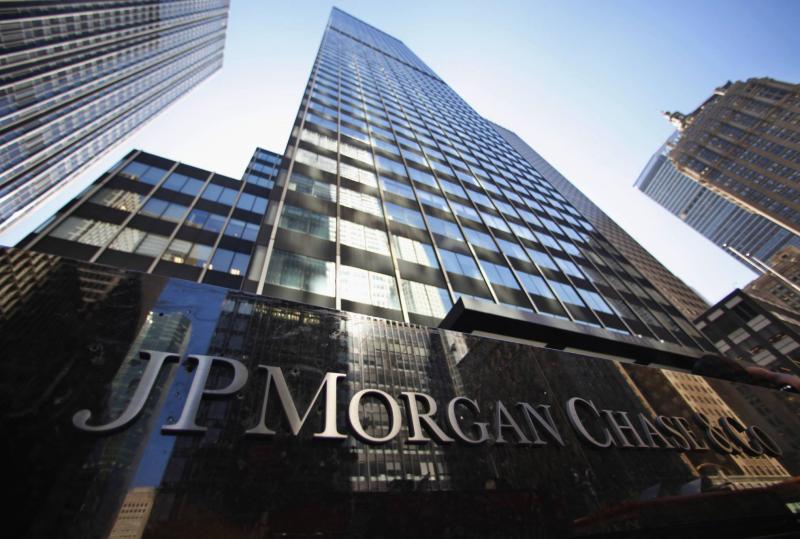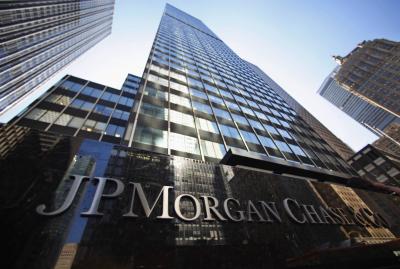Analysts at J.P. Morgan Chase & Co. described U.S. banks as the "weakest," noting that they have likely lost nearly a trillion dollars in deposits since last year, with half of the outflows occurring in March following the collapse of Silicon Valley Bank. The J.P. Morgan analyst team, led by Nikolaos Panigirtzoglou, did not specify which banks they classified as "weakest" or how many banks fall into this category. They wrote, "The uncertainty generated by deposit movements may make banks more cautious in lending." They added in a memo dated March 22, "These risks are exacerbated by the fact that medium and small-sized banks play an disproportionately large role in U.S. bank lending."
J.P. Morgan analysts explained that among $17 trillion in total U.S. bank deposits, approximately $7 trillion are uninsured by the Federal Deposit Insurance Corporation. They stated, "Federal increases in interest rates have caused a shift in deposits to another channel, creating losses in banks' bond portfolios, which has made depositors less comfortable keeping uninsured deposits in banks that are recording significant unrealized losses in their bonds."




